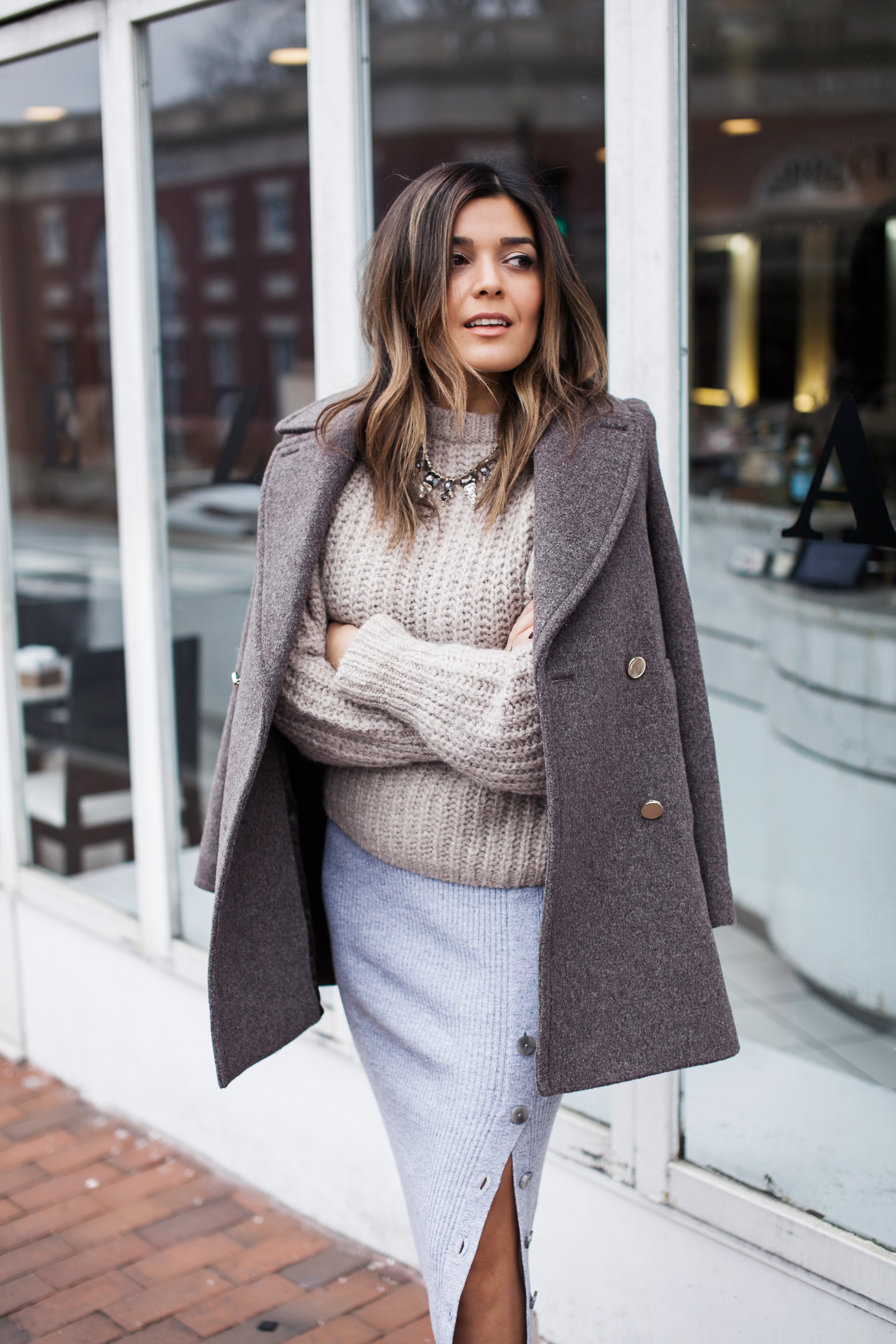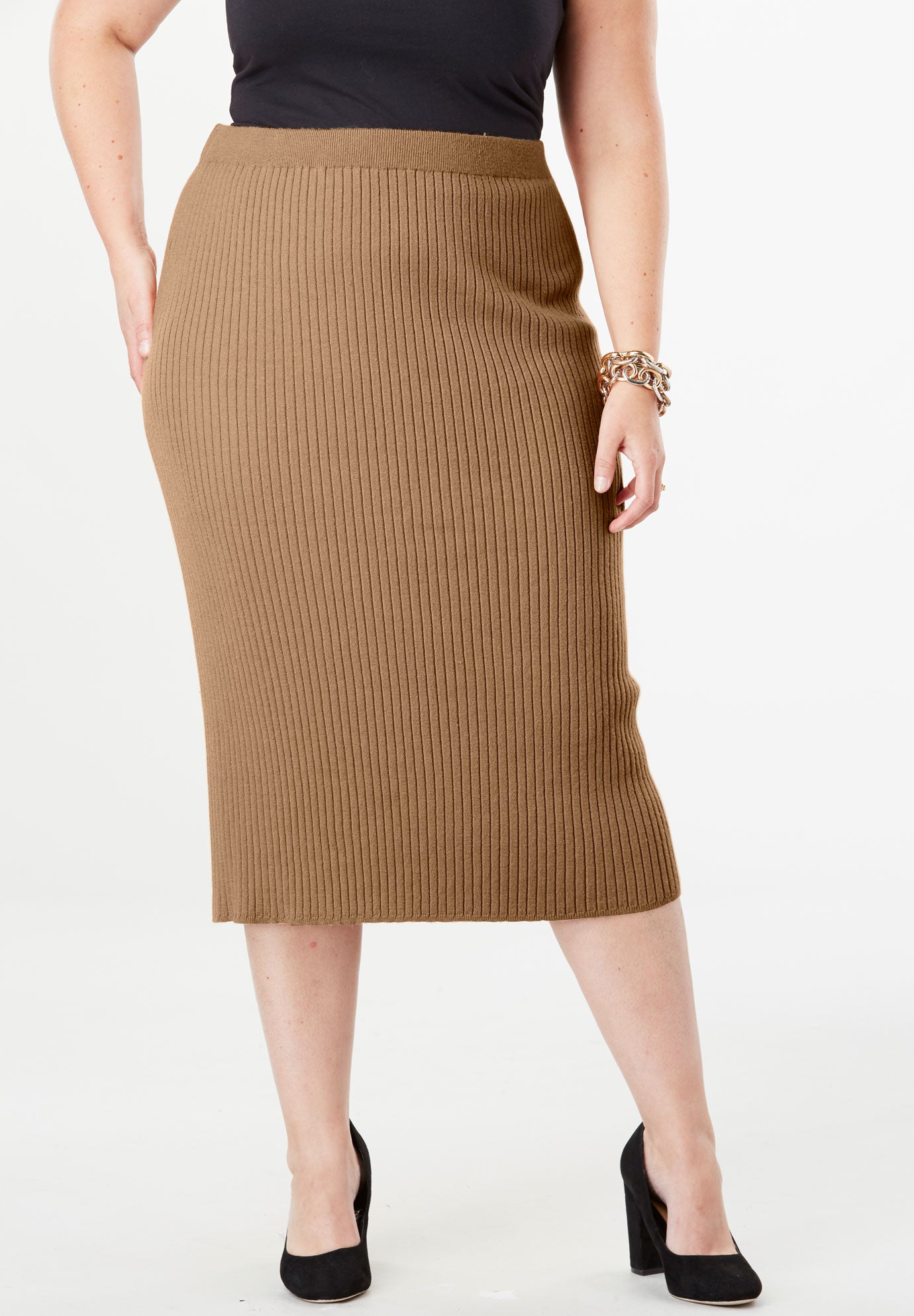ribbed knit sweater skirt set
ribbed knit sweater skirt set
ribbed knit sweater skirt set Sewing is a craft that uses a needle and wind to tie something or connect something . The history of stitchery dates back gs of age BC . Sewing has its own basic stitchery proficiency, different from weaving and fancywork . In general, all still use the basic proficiencies of traditional stitchery, until the sewing motorcar came out in 1790, invented by Thomas Saint.
Download
Basic Sewing Techniques
Nowadays , sartors in general use stitching machines more often . The machine is divided into two, that is to say traditional and electric car . Even so, the staple stitchery proficiencies are still existence studied because buying a machine commands thomas more capital . Another rationality is that victimisation basic sewing proficiencies leave pass on you much best results and variety than machines . Here's an explanation for the basic stitching technique:
1 . Skewers
The staple proficiency of sewing a tacking stitch is a technique in which the pattern affects from baby to left . This stitch proficiency is utile for fashioning stitches neater and even perfect . The basting stitch practice has 3 purposes, to wit sewing the sides of the cloth, close the ends of a shape, and fashioning the material rich person a wrinkle effect.
As for the basting proficiency, there are 3 types, viz.:
Ordinary Skewers : This technique is done with inadequate distances, different.
Skewer a certain distance : This technique u.s.s a uniform distance . This type of basting stitch stitch is useful for temp stitches.
Skewer Barrier : This technique united states a single blank . between each stitch . This stitch is made with two-fold togs so that when the stitch is ruined, there is a trace of the last stitch.
2 . Stabbing Traces / Flip
The next staple stitching proficiency is the imprint cutting technique or another name for the back up knife thrust stitch . This trail stitch has the same vallecula as a sewing machine . How to make a trail stab stitch pattern is to do the stitches twice from the top stitch . The part of the trail shot is to make ornamental line ornamentations that are heterosexual, circular, or other shapes according to the in demand design . Examples of the resultant roles are the motives on the sarong in the form of boxwoods, making accented businesses, committal to writing, and others . Another function is to connect fabrics with other cloths and zip connections with cloths.
3 . Skewer Flannel
The staple technique of stitching flannel stitches is in the main used as a method of sewing the edges of the garment being overlaid . Basically, flannel stitches are used on fabrics that wealthy person an expensive selling value . The flannel stitch technique has 3 usas, viz. as decoration, staple stitches, and shadow fancywork with tight spacing that can follow the motive.
How to employ a flannel stitch is to do a baste stitch on a material that has been sewed 3-4cm with a 0.75cm step rearwards . Insert the needle to the right hand and backrest over again 0.5 cm . Thread back over the first stitch and continue until you're done.
4 . Skewer Feston
Feston has a function to finish the lint on the seam . An example is the grommet on the arms in baby dress . In addition, the Feston stitch design likewise villeins as a decoration . Especially if the combination of basic and decorative yarn colors has a goodness concordance . The form of ornament that can be made with a festival pattern is a blossom-ilk pattern.
5 . Prick the Wrap
The bandage stitch practice is useful for sewing damaged lint on hair curler clinches . Another function is as a finishing proficiency on the edge of the seam . How to sew with the staple technique of balut stitch is left field to right and vice versa at a slight angle.
6 . Skewer / Stem
Especially utilitarian as a ornamentation on a material . The results that can be obtained from joints are in accordance with the resultant roles, namely the shape of the stem . It is possible to make other initiations with stick sticks, but in general they are made to make sticks.
How to employ the lodge sew together practice is to sew back 1/2 cm and tie 5-6 duds to the fabric . After that the needle is pulled out and gets a chaff sew together . This practice is repeated until the desired resultant role is obtained . If you want to make a bigger size, the stitch length is made tighter and the textile is larger.
7 . Chain Stitch
As the name implies, the basic proficiency of sewing a chain stitch has a pattern that forms a chain . This normal is useful for fashioning decorations on materials in the shape of chains, for example, tree ramifies and tree branches.
How to gain a chain sew is to take a tread forrard in sewing . First, stick the needle from the bottom to the top of the cloth . After that the needle will be inserted back into the hole out where the needle formed a circuit due to the previous puncture . Pull the needle and iterate the traffic pattern until the desired pattern is formed.8 . Cross Skewer
The cut through stitch traffic pattern is secondhand as a ornament on the material . How to work a queer run up pattern is to sew from the top right to the bottom leftfield, after that the direction is made to the bottom right . The moment stab will start at the bottomland right and and so work towards the top left . Make sure that the stitches are aligned at the top and bottomland so that they form a bang-up cross run up . Repeat until you get the desired result.
9 . Skewer Piquar
The piquar stitch is a basic stitching proficiency that is utilitarian for attaching furred materials . Generally used on fur coats, jackets, or suit of clothes . Another role of piquare stitch is as a medallion on other apparel.
10 . Skewer Som
The som sew together blueprint is used to sew and lock the faithfuls in the cloth . Fabrics that have been locked with a som stitch pattern cannot be opened over again easy . How to use the som technique is to stay the wander into the folded textile . Pull the meander and and so knife thrust it back next to the stitch with a nasty distance . Repeat until you get finished sewing the fold ups.
11 . Flatback
The basic proficiency of stitching a directly stitch is from leftfield to right . This practice is made by loss up and low-spirited in a heterosexual line and in layers covering the stallion surface of the ornamentation . This proficiency is in the main used to make ornamentations in the form of foliages or bloom crowns, and dolly noses.
12 . Open Chain Stitch
Is one signifier of ornamental stitch that varies . This stitch is basically a chain sew with its own variations . This pattern is generally made into ornamentation on dolls because it forms an opened mouth.
13 . Skewers
Similar to the bowl stitch type . The difference is in the serve . The bars serve to beautify the come on, piece the roll stitch technique is utilitarian for connecting two cloths together . Examples of gratings are the mould of the eyes, nose, rima oris, and blossom crowns.
14 . Skewer Roll
The basic technique of stitching a roll stitch, as the name suggests, this pattern shapes a circle when applied . This technique is used to connect the material so that the terminals of the fabric do not pile up.
15 . Bullion Stab
The Bullion stitch technique is not a basic stitching proficiency . Bullion is an advanced technique rarely used by tailors . The bullion stitch model creates lilliputian string of beads to organise tiny blossoms and sir thomas more.
16 . Skewer Roumani / Rumani
The roumani proficiency is the same as the bullion stitch . This proficiency has an advanced flat and is not ordinarily secondhand . The Roumani stitch pattern is utilitarian for forming ornamentations with details, for exercise, long leafages and efflorescences.
17 . Satin Skewer
The satin stitch pattern is used to shuffle leaf-wrought ornamentations in general . In addition to leaves, satin stitch technique can besides be secondhand to signifier assorted ornaments as coveted.
18 . Flat Skewer
The flat stitch pattern is used as a embellishment in the stitch . In general, to fill up in the empty fields in the framework that has been created.
19 . Straight Skewer
The staple proficiency of stitching a heterosexual person stitch has the same practice as the identify connotes, which is heterosexual person . This technique is secondhand to shape blooms and gunter wilhelm grass with heterosexual person sew togethers.
20 . Skewer Flowers
The basic proficiency of stitching bloom stitch has a very unique approach pattern . Patterns of flower stitches alter widely with the results forming the framework of a blossom . How to do a different blossom stitch according to the desired flower.
21 . Skewer Veston
The daar proficiency of stitching the vetson stitch is secondhand on tablecloths, covers, cloth edges, wear edges, and so on . Including easy and can be done as educational activity to babies . The stitching direction can be done from left to correct or vice versa . Start stitching by lancinate from the inside of the fabric at a position 1 cm from the end of the textile, after that pull it out . Put it back in the fabric near the first hole out and pull it lightly . After that there will be a circulate of thread, put the weave in the circle and and then pull it . Repeat until ruined sewing.
Download



Posting Komentar untuk "ribbed knit sweater skirt set"